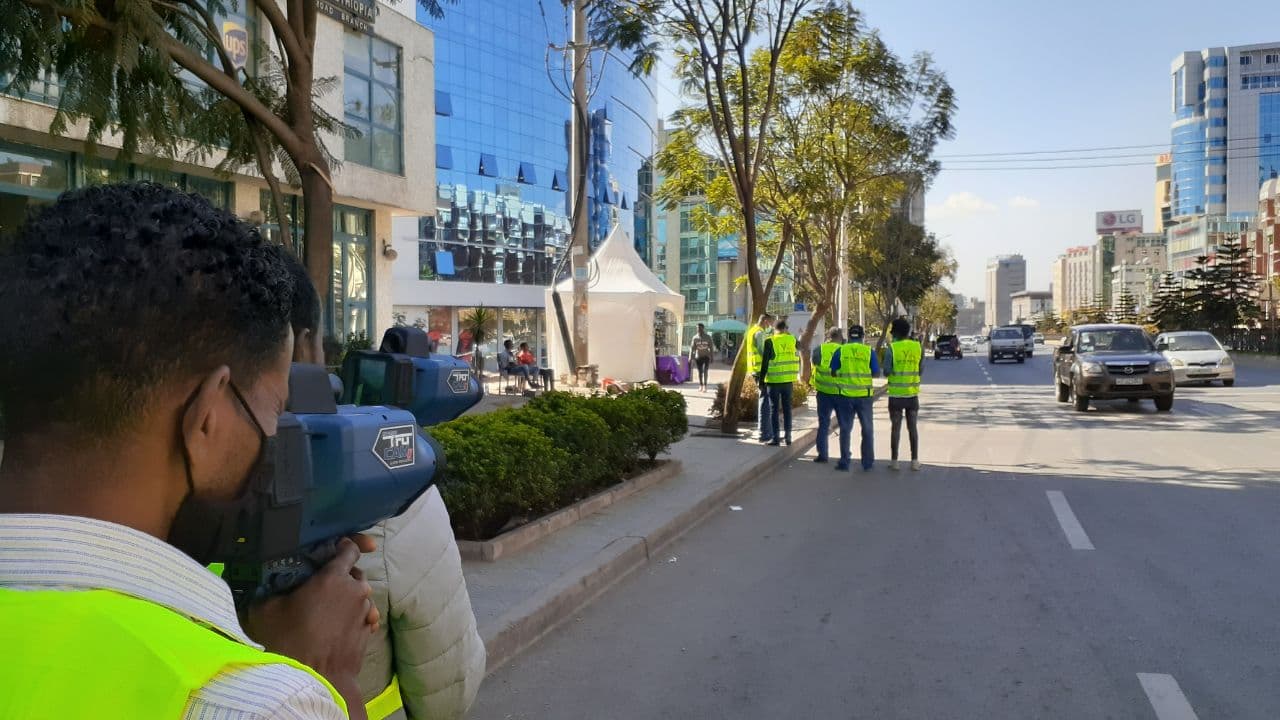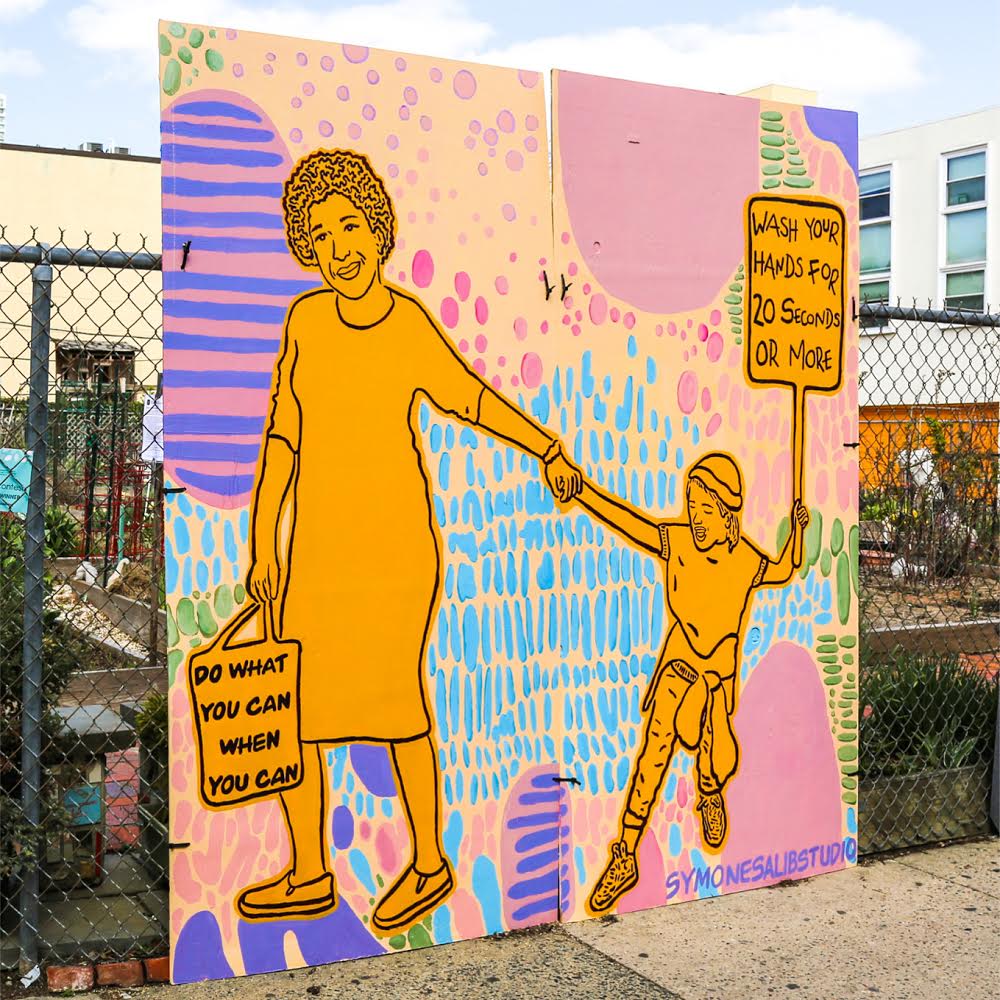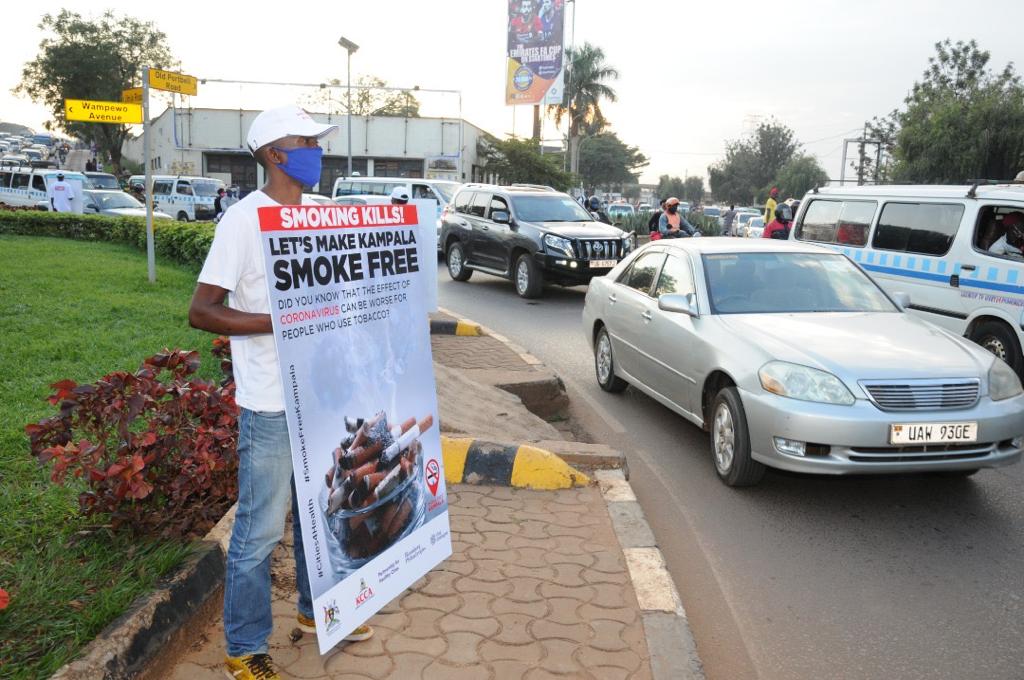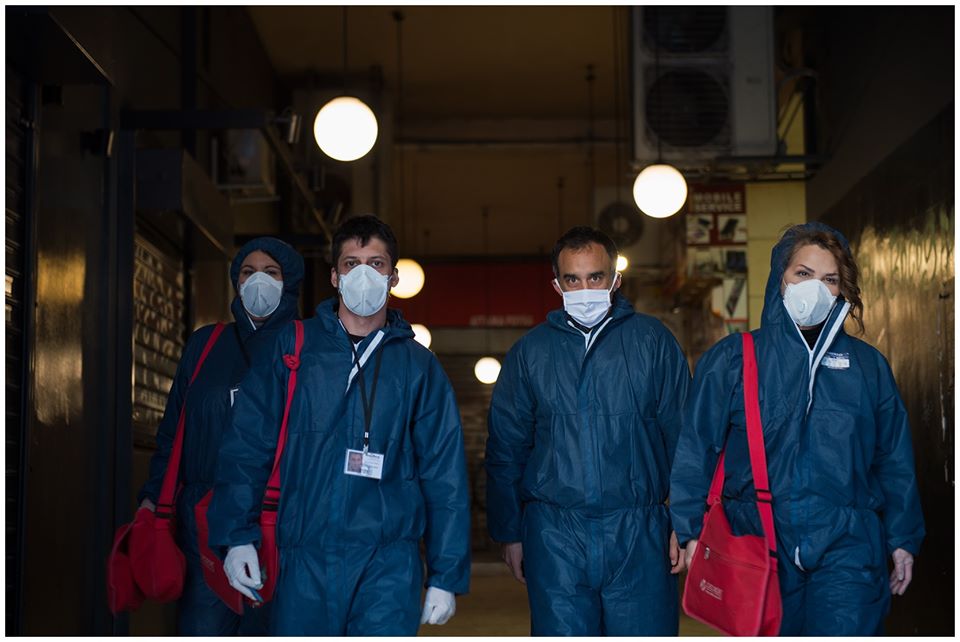In 2020, our lives, communities and economies were upset in ways beyond what we could have imagined. Public health, normally an invisible web of protections, was thrust onto center stage daily.
At the start of the year, even before the virus had a name, Vital Strategies saw the pandemic that lay ahead. We knew we could not sit on the sidelines and had to harness our expertise and our global relationships with governments and partners around the world to help. We immediately positioned ourselves as “honest brokers” of the evolving science and risks, and we played a significant role in communicating about the pandemic via the media and our website and informing our partners as well. We also provided rapid response funds to 21 countries in those early days, and over the course of the year provided resources and technical assistance to 53 countries in Africa, Asia and the Americas.
At the same time, we knew that the pandemic made our other areas of work in noncommunicable diseases, overdose and injuries even more important. With the crisis dominating the news and overwhelming health systems, preventive measures for NCDs—such as cancer, heart disease, lung disease and diabetes—were being ignored, exacerbating the effects of the pandemic itself.
We forged ahead, making the case for why, even during the emergency response, we could not lose focus or lose ground on critical health issues such as tobacco control, air quality and food policies—all central drivers of noncommunicable diseases. We stressed the necessity of reducing the inequities created by poverty and racism, and their connection to these diseases and to overdose, all contributing to excess illness and death.
For this year’s annual report, we have created a timeline of 2020’s dramatic events together with a timeline of Vital Strategies’ actions and accomplishments. It is an opportunity to see behind the headlines to see the role of public health during the most severe pandemic the world had faced in more than a century.





